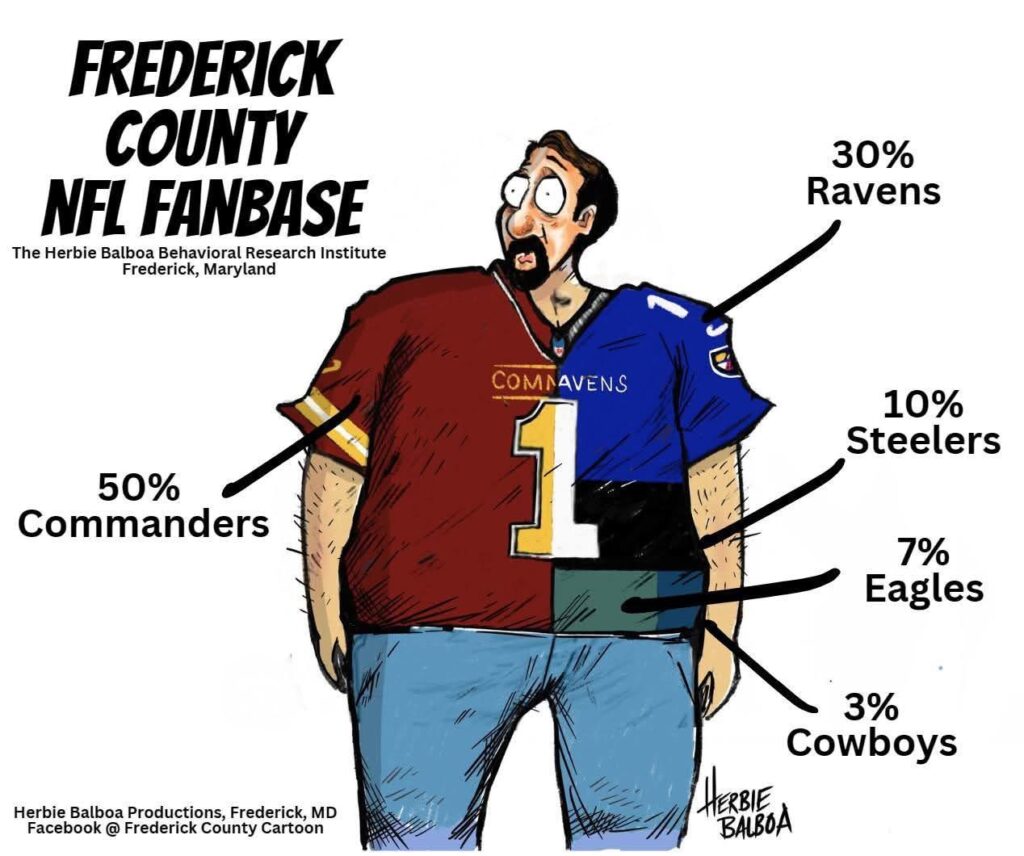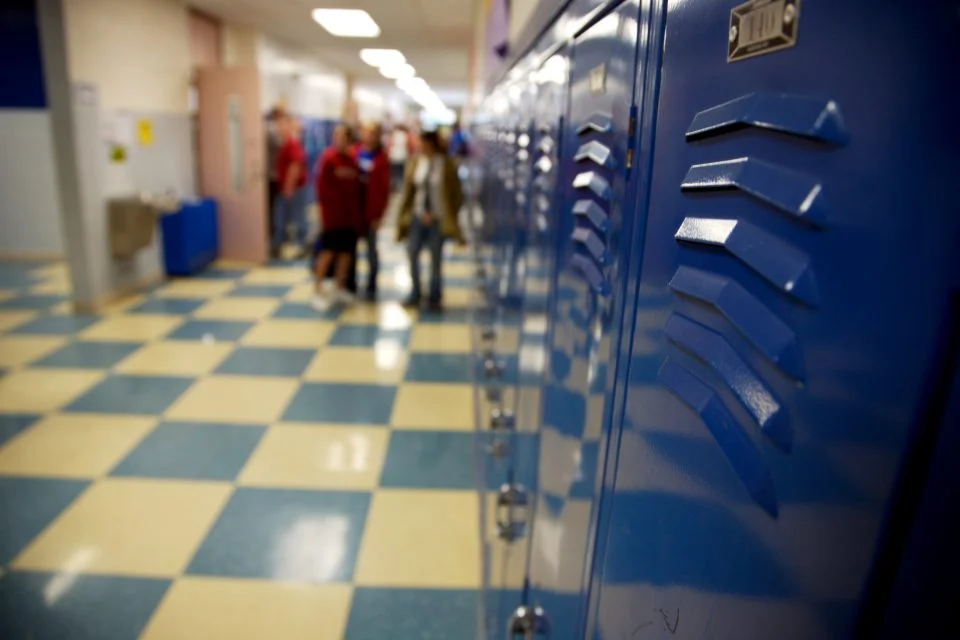On August 5, Octavious Lamar Dozier, 27, of Atlanta, was arrested by Metropolitan Washington Airports Authority Police after 23 pounds of marijuana were found in his checked luggage by Customs and Border Protection (CBP) officials at Washington Dulles International Airport. Authorities indicate a continuing pattern of attempts to carry marijuana to Europe, where it fetches larger earnings, and this was the second arrest of this kind at Dulles in three days.
According to CBP, a suspected drug mule was detained by airport police at Washington Dulles International Airport for the second time in three days after U.S. Customs and Border Protection officials found 23 pounds of marijuana in his luggage that was headed to the United Kingdom.
On August 5, Octavious Lamar Dozier, 27, of Atlanta, was taken into custody by Metropolitan Washington Airports Authority (MWAA) police officers and charged with two felonies: transporting a controlled substance into the Commonwealth and possessing it with the intent to distribute. Dozier tried to get on an aircraft that was headed for Dublin and then Leeds, England.
At Washington Dulles International Airport, CBP officials seized a second marijuana cargo in three days from passengers headed to Europe, leading to the arrest of an Atlanta man.Travelers trying to bring large quantities of marijuana into Europe are still being apprehended by CBP agents.Upon inspecting the checked baggage being put onboard the Dublin flight, CBP officials found a hard-sided suitcase containing multiple vacuum-sealed parcels. Dozier and the marijuana-filled bag were taken to CBP’s inspection station for a secondary investigation after officers stopped him at the departure gate.
Inside the suitcase, CBP officials found fourteen vacuum-sealed parcels. A green leafy substance included in the packages tested positive for marijuana in a field test. The total weight of the marijuana was 10.52 kg, or 23 pounds, 3 ounces. The marijuana was worth almost $90,000 on the black market. This shipment might have brought in two to three times as much in Europe, depending on potency.
A Las Vegas lady was charged by MWAA Police on August 3 after CBP agents found 59 pounds of marijuana in her checked luggage at Dulles airport on her way to Frankfurt. CBP officers nationwide are still seeing a pattern of transnational criminal groups trying to ship marijuana to Europe via express air and passenger baggage, where premium cannabis can bring in enormous sums of money.
Federal law still prohibits the possession and use of marijuana, even though certain states have decriminalized its use for medical or recreational purposes. Additionally, it is illegal under federal law to export marijuana from the United States or carry it across state lines. Dozier and the marijuana were turned over to MWAA police officers by CBP officers. Criminal accusations are just that—allegations. Until a defendant is found guilty in a court of law, they are presumed innocent.
You will be apprehended and subject to criminal penalties if you carry narcotics cargoes for criminal organizations. According to Christine Waugh, Area Port Director for CBP’s Area Port of Washington, D.C., “don’t be a fool and do jail time for careless gangs that see you as cheap, disposable labor.” To hold drug mules and criminal organizations accountable, Customs and Border Protection officers will keep collaborating with our law enforcement partners.
Last year, at and between our country’s air, sea, and land ports of entry, CBP officers and agents recovered an average of 1,571 pounds of deadly drugs every day. To find out what additional harmful narcotics CBP is coming across at our country’s borders, view CBP’s enforcement statistics.
CBP officers and agriculture experts from the Office of Field Operations oversee CBP’s border security mission at our country’s ports of entry. International travelers and cargo are screened by CBP, which also looks for unreported currency, weapons, counterfeit goods, prohibited agriculture, invasive weeds and pests, illegal narcotics, and other products that could endanger American citizens, American companies, and the safety and economic health of our country.












